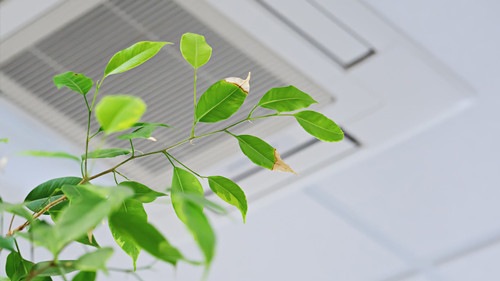Poor indoor air quality at home is linked to health effects in people of all ages. Associated child related health effects include breathing problems, chest infections, low birth weight, pre-term birth, wheeze, allergies, eczema, skin problems, hyperactivity, inattention, difficulty sleeping, sore eyes and not doing well at school.
During lockdown, many of us are likely to have spent more time indoors, so the indoor environment is even more important. It’s important that we take steps to reduce our pollution exposure and imperative that we develop the knowledge to empower society to do so.
The Indoor Air Quality Working Party has three top tips:
- AVOID bringing pollutants indoors
- REMOVE sources of pollutants indoors
- REDUCE exposure to, and use of, polluting products and activities indoors
Remove pollutants indoors
Some pollutant generating activities are unavoidable indoors. In these circumstances you can take steps to improve the indoor air, often by using ventilation to dilute the pollutant concentrations.
Cleaning
- Regularly clean and vacuum to reduce dust, remove mould spores and reduce food sources for house dust mites.
- Regularly clean high touch surfaces such as door handles to reduce spread of coronavirus and other infections within the home.
- Clean off any visible mould.
Allergen Avoidance
Taking steps to reduce exposure to inhaled allergens (from house dust mites, moulds and pets) is recommended to reduce symptoms and exacerbations. Depending on the allergy, measures which can help include:
- Reducing dust and dampness in the home.
- Reducing items which collect dust such as soft toys and, if possible, replacing carpets with hard flooring.
- Washing bedding and covers (at 60°C every two weeks) or using allergen impermeable covers.
- Avoiding direct exposure to furry pets if the child is sensitised.
